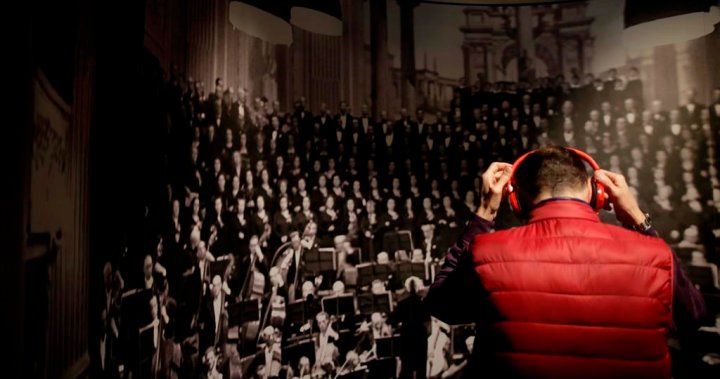The brains of older adults feel a sense of reward when listening to music, even if it’s a song they don’t particularly like, a researcher at British Columbia’s Simon Fraser University says.
Sarah Faber said her work on how healthy brains respond to music as they age creates a baseline for future research on people who have Alzheimer’s or dementia to better understand those diseases.

“There’s a lot of interest in how to predict who might be going to develop dementia or Alzheimer’s disease and then once people do develop Alzheimer’s and dementia, who is going to respond to treatment and what kind of treatment,” she said.
“The brain is fascinating, but it doesn’t exist in a jar. It’s attached to a body, that’s attached to an environment, and community, and a social structure.”
The latest health and medical news
emailed to you every Sunday.
The research published in the journal Network Neuroscience featured 80 participants, including university students and people as old as 90, who took functional MRI scans.
The younger group of adults had an average age of 19, while the other group had an average age of 67.
Everyone listened to 24 samples, including songs they selected themselves, popular music intentionally chosen by researchers and songs composed specifically for the study.

Faber said they found reward sections of the brain were activated in younger adults while they listened to music they liked or were familiar with, but older adults showed the same area being stimulated even when the music was new to them, or they didn’t like it.
“There wasn’t this gatekeeping functionality that we see in younger adults with their auditory network kind of being like, ‘OK, well, if we like this, we get rewards. But if we don’t like this, we don’t get rewards,’” she said.
“Whereas for older adults, it was just like, ‘Music! Reward! Yes!’”
Faber, who was a music therapist before becoming a neuroscientist, said research into people with Alzheimer’s can be challenging if someone is unable to speak or explain what they are thinking or feeling in a moment.
She said anything they can learn about how to make the music therapies more effective would be helpful, but the benefits go beyond that.
“Just understanding … how the brain deals with complex stimuli, through Alzheimer’s, that would be a really good and a very useful bunch of information to get for people that are working in Alzheimer’s, not necessarily just in music,” Faber said.
© 2024 The Canadian Press



